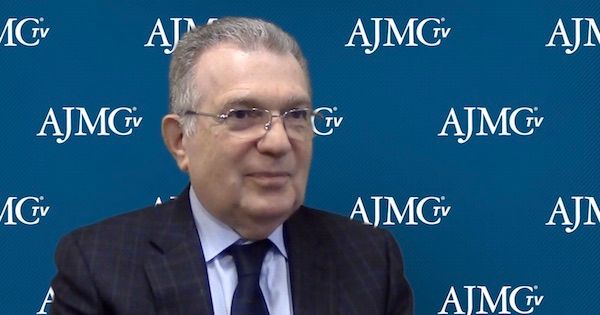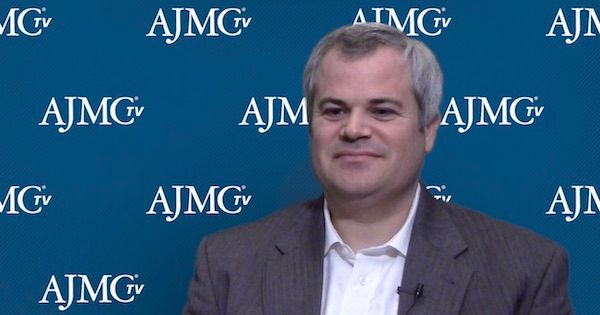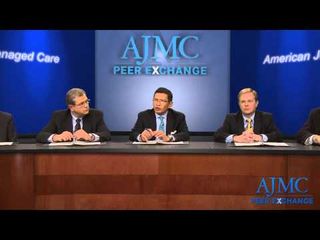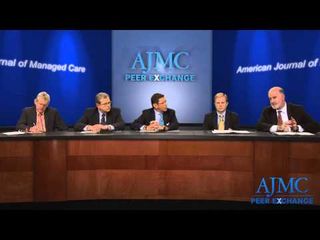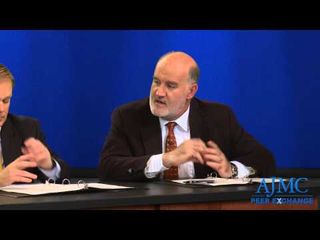
Health Care Cost
Latest News
Latest Videos

CME Content
More News

Bringing together different stakeholders in healthcare to share the challenges they see and their own understanding of how to fix the problem can help make impossible things happen and bring change to the healthcare system, said Elizabeth Mitchell, president and chief executive officer, Pacific Business Group on Health.

Currently, the number of patients who are actually utilizing precision cancer care treatments is small, but it is growing fast. As that happens, physicians will need to get comfortable with ordering the right tests, explained Clynt Taylor, chief executive officer of Intervention Insights, and Lee Newcomer, MD, formerly of UnitedHealth Group.

Medicare Shared Savings Program (MSSP) accountable care organizations (ACOs) cover more than 32 million lives and have been found to save money and improve quality in past research, but a new study in Annals of Internal Medicine is calling their success into question.

The American Journal of Managed Care® sat down with David Smith, the executive director of the Medicaid Transformation Project, to get an update about the integration challenges health systems are facing, including system issues, infrastructure issues, coding and payment issues, and more.

A study of readmission rates by primary care providers (PCPs) finds a lack of variation and calls into question implementing pay-for-performance programs that incentivize or penalize PCPs for readmissions.
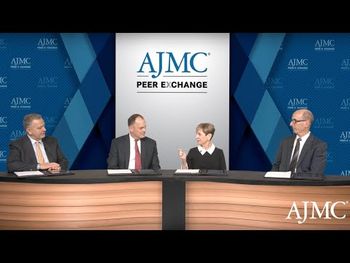
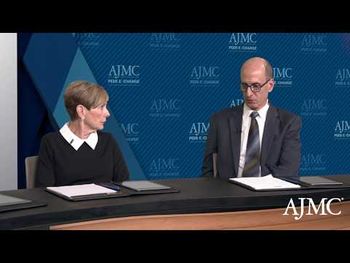
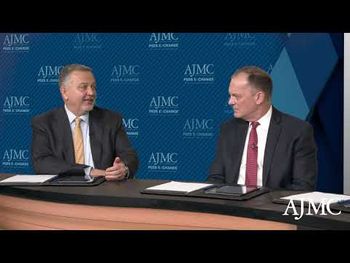

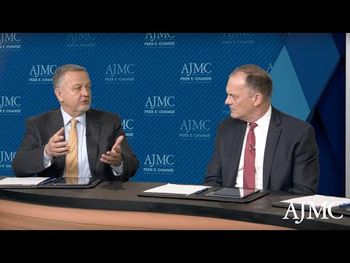
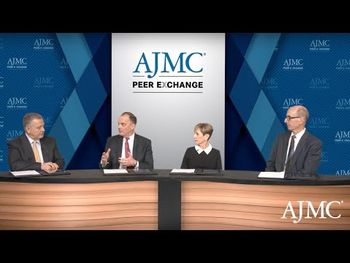
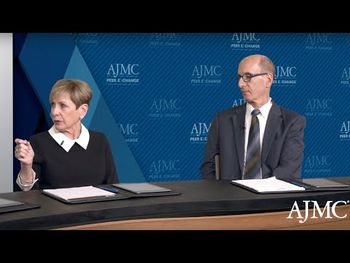
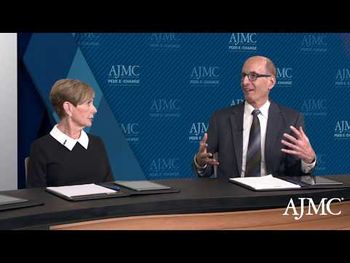
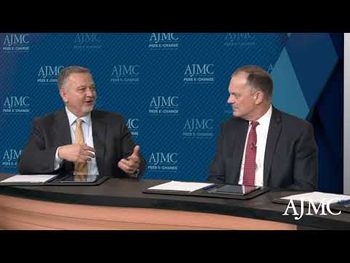
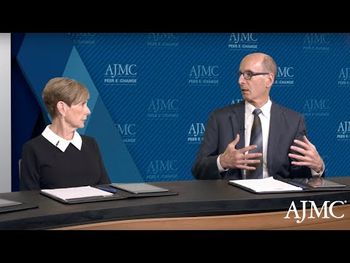

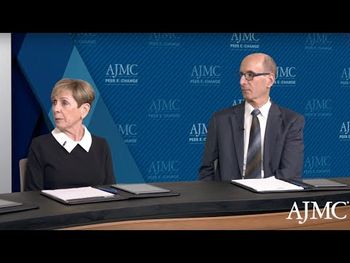

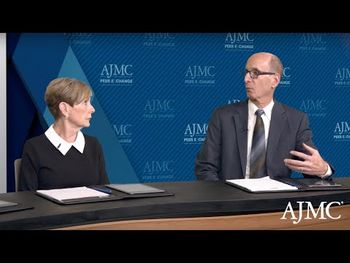
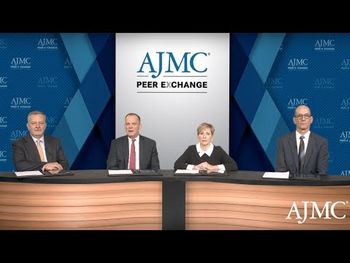
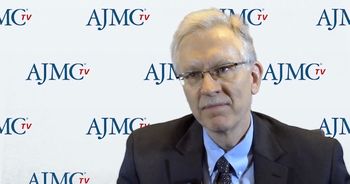
Humana has expanded its focus to the social determinants of health because issues like food insecurity and lack of transportation impact outcomes even if patients are getting the best medical care, said Bryan Loy, MD, physician lead, oncology, laboratory, and personalized medicine, Humana.

Even though Northwestern Medicine is projected to sustain a loss in the new Bundled Payments for Care Improvement Advanced, it plans to participate because doing so will position Northwestern Medicine as best possible to manage future challenges in episodes of care.

The advantage of having mandatory models is it enables you to get participation broadly across the community and it allows you to design the bundle in a way that’s not so intent on encouraging participation. If you have voluntary participation you are somewhat limited as to how you could design the bundle, because if you design it too aggressively no one will participate, explained Michael E. Chernew, PhD, the Leonard D. Schaeffer Professor of Health Care Policy; director of the Healthcare Markets and Regulation Lab in the Department of Health Care Policy at Harvard Medical School; and co-editor-in-chief of The American Journal of Managed Care®.

Some of the health policies coming out of Washington, DC, are clever, but there might be too much coming out for practices to keep up with, said Michael Kolodziej, MD, vice president and chief innovation officer at ADVI Health, Inc.

Payers, providers, and other stakeholders have to come together to figure out how to make a better patient member experience for those who are fighting cancer, said Bryan Loy, MD, physician lead, oncology, laboratory, and personalized medicine, Humana.

